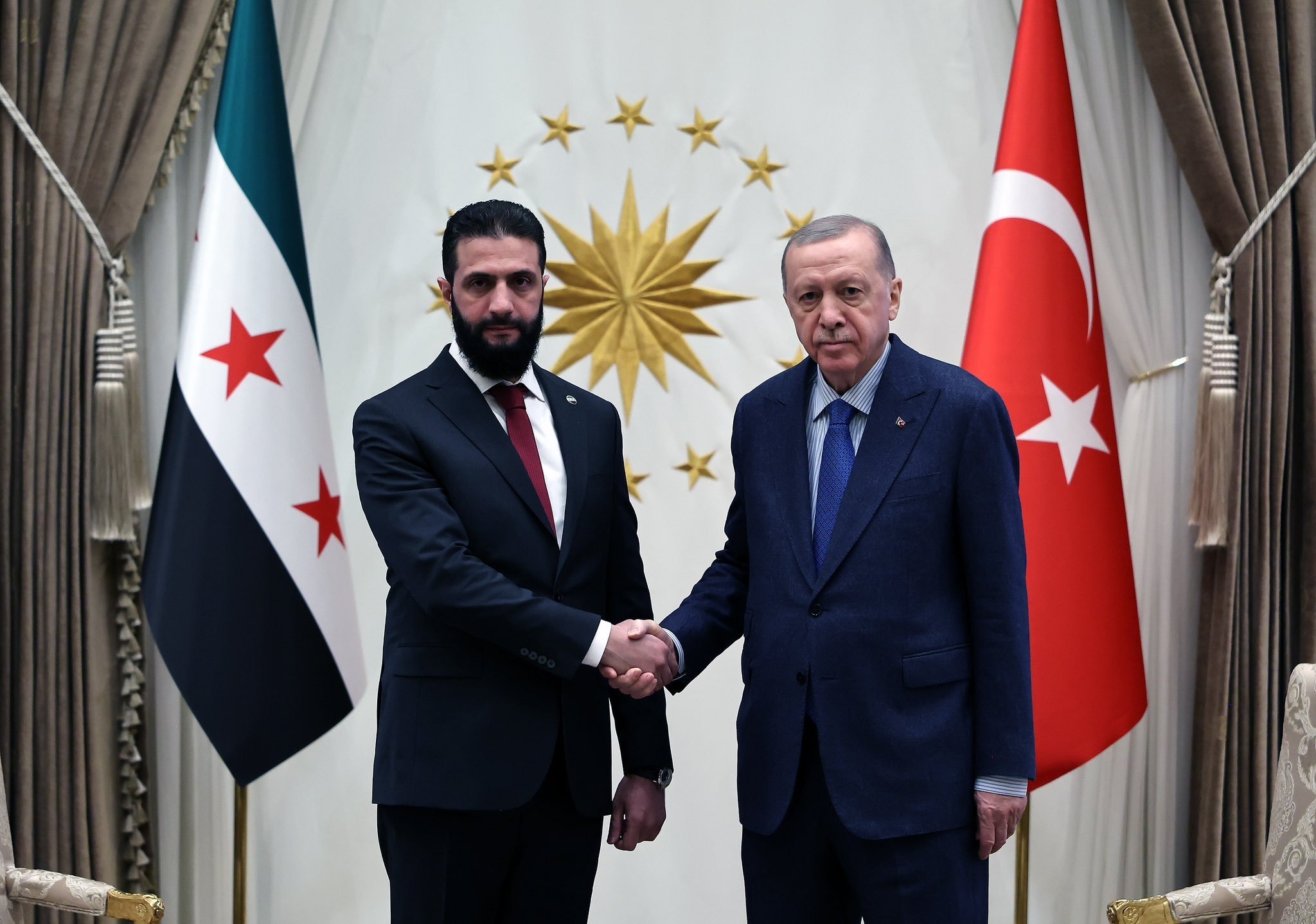According to columnist Murat Yetkin, interim Syrian president Ahmed al-Shara is losing control of the jihadist factions that helped propel him to power, while Western capitals increasingly see Ankara as the chief sponsor—and therefore the likely fall-guy—if the experiment collapses.
Hay'at Tahrir al-Sham (HTS) fighters and other Salafi militiamen, many of whom were hastily folded into the regular army, have begun acting autonomously. In Suwayda, a Druze-majority city on the Israeli frontier, these militants encircled civilians. Elements of the Syrian Arab Army initially stood aside and, in some cases, even joined the attackers, reproducing the sectarian pattern that had flared months earlier near the Alawite stronghold of Latakia before U.S., EU, and Turkish pressure defused the violence.
Israeli Airstrikes and the "David Corridor"
Israel has already struck Syrian army positions—including the General Staff compound—to signal support for the Druze community. Druze spiritual leader Hikmet al-Hijri responded by demanding a land bridge from Suwayda to Kurdish-run Hasakah, quickly dubbed the "David Corridor." Such a corridor would give Israel and its Kurdish partners physical access to Syria's oil and gas fields and bring Israeli ground forces far closer to both the Euphrates and the Turkish border. MHP leader Devlet Bahçeli denounced the idea as "a plot to dismember Syria and target Turkey."
Foreign Minister Hakan Fidan broke with precedent by confirming direct intelligence contacts with Mossad, explaining that Ankara wanted to "correct misinformation" fueling the crisis. He also telephoned U.S., Saudi, Jordanian, Syrian, and Druze interlocutors to lobby against the corridor plan. President Erdoğan underlined that "Turkey opposed Syria's partition yesterday, opposes it today and will oppose it tomorrow," citing the 2016-19 cross-border operations as proof of resolve.
The fragile cease-fire at home heightens Ankara's sense of urgency; for the first time in forty-seven years, segments of the PKK have symbolically laid down arms. Hard-line PKK commanders already threaten to resume hostilities unless "concrete steps" follow. To shore up the process, the ruling AK Party plans to establish a parliamentary commission even during the summer recess.
U.S. Applause Masks Future Liability
U.S. President Donald Trump recently praised Erdoğan for "delivering regime change" in Damascus—flattery that burnishes Erdoğan's image but implicitly assigns responsibility for whatever comes next. Washington's Syria envoy, Tom Barrack, is currently telling Ankara what it wants to hear, Yetkin warns, yet Trump himself is mired in the Epstein scandal and may have little bandwidth to manage new turbulence.
Militia indiscipline, Israel's possible move from airstrikes to ground leverage, and Turkey's need to balance Mossad back-channels with PKK peace talks all point to a volatile summer. What once appeared a geopolitical win—ousting Bashar al-Assad without Turkish boots entering Damascus—now risks becoming a strategic boomerang. If Shara's government unravels, the bill for Syria's next calamity may land squarely on Erdoğan's desk.
Photo: Daily Sabah
